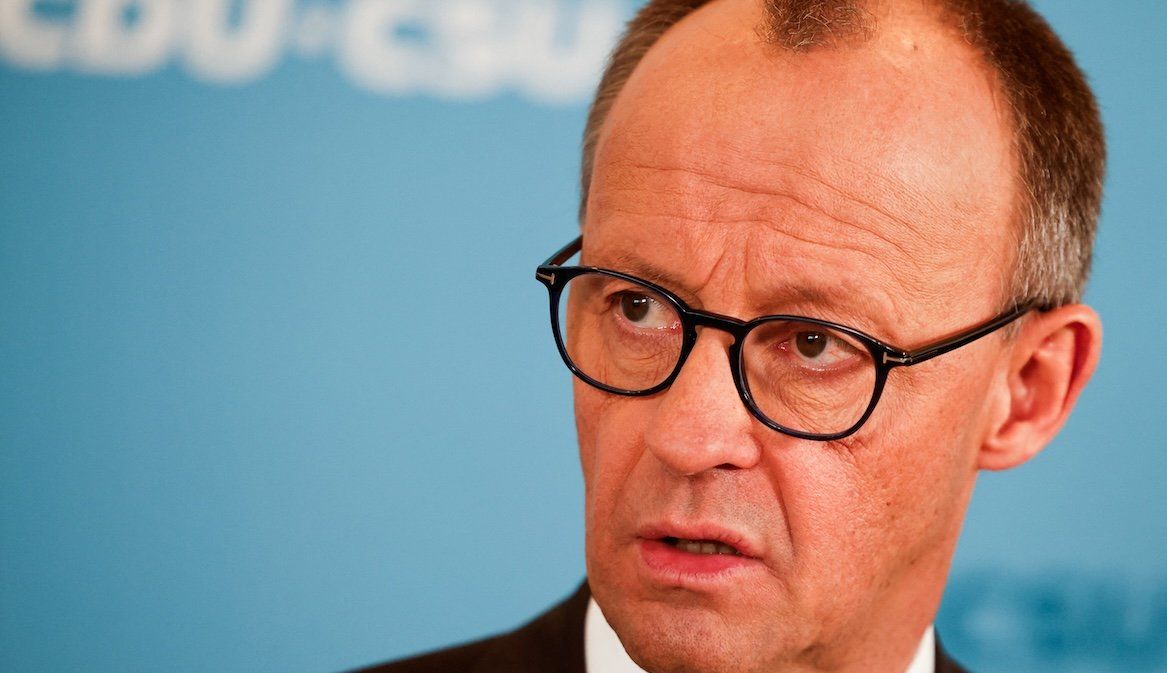WHAT WE'RE WATCHING
Theresa May's Next Gambit – After the historic defeat of her Brexit bill almost a month ago, the British prime minister has been scrambling to come up with a new plan. Yesterday, she delivered an update to the House of Commons on her efforts to renegotiate with the European Union, which have, somewhat predictably, proven fruitless. For now, May is playing a high-stakes game of chicken, hoping the EU will make concessions to assuages hardline Brexiteers at home before the March 29 exit date. But she could also quickly pivot toward a much softer stance, opting to maintain close UK-EU trade relations, if it presents the only clear way forward. We're watching to see how the UK prime minister plays her next big move.
Ivan Duque at the White House – Colombia's president will meet Donald Trump in Washington tomorrow, and Venezuela is top of the agenda. No country is more affected by Venezuela's meltdown than neighboring Colombia, which has already absorbed over a million refugees. The US has staged humanitarian aid for Venezuela in Colombia, but National Security adviser John Bolton's recently revealed chicken scratches about "5,000 soldiers to Colombia" has raised the prospect that something more serious is afoot. Duque and Trump will also discuss the contentious case of Jesus Santrich, a prominent FARC militant and drug trafficker whom Washington wants Bogota to extradite. The catch? Extraditing the notorious guerilla leader might violate the terms of Colombia's 2016 peace deal with the FARC.
WHAT WE'RE IGNORING
India's Highly Sped Up Trains – Over the weekend, India's railway minister tweeted out a video showing the country's "first semi-high speed train…zooming past at lightening [sic] speed." The Vande Bharat Express has reportedly exceeded 180 kilometers per hour in tests. That's way below the 250-plus kilometers per hour achieved by the world's most advanced high speed rail lines, but it's a step forward for India's clunky rail service. Still, we're ignoring this attempt to burnish India's industrial development credentials, because the video appears to have been doctored to show the train moving at double the speed of the original footage.
Europe's Weltpolitikfähigkeitsverlustvermeidungsstrategie – For those in the back, that's German for a "strategy to prevent the loss of the capability to shape world affairs." We're ignoring this made up word, coined by the British historian Timothy Garton Ash at a kickoff event for the upcoming Munich Security Conference. Yes, the world order is disintegrating. No, we don't know who will pick up the pieces. Sure, Brexit will diminish the ability of both the UK and the EU to shape world affairs. But you try saying Weltpolitikfähigkeitsverlustvermeidungsstrategie three times fast. Bet you can't.
